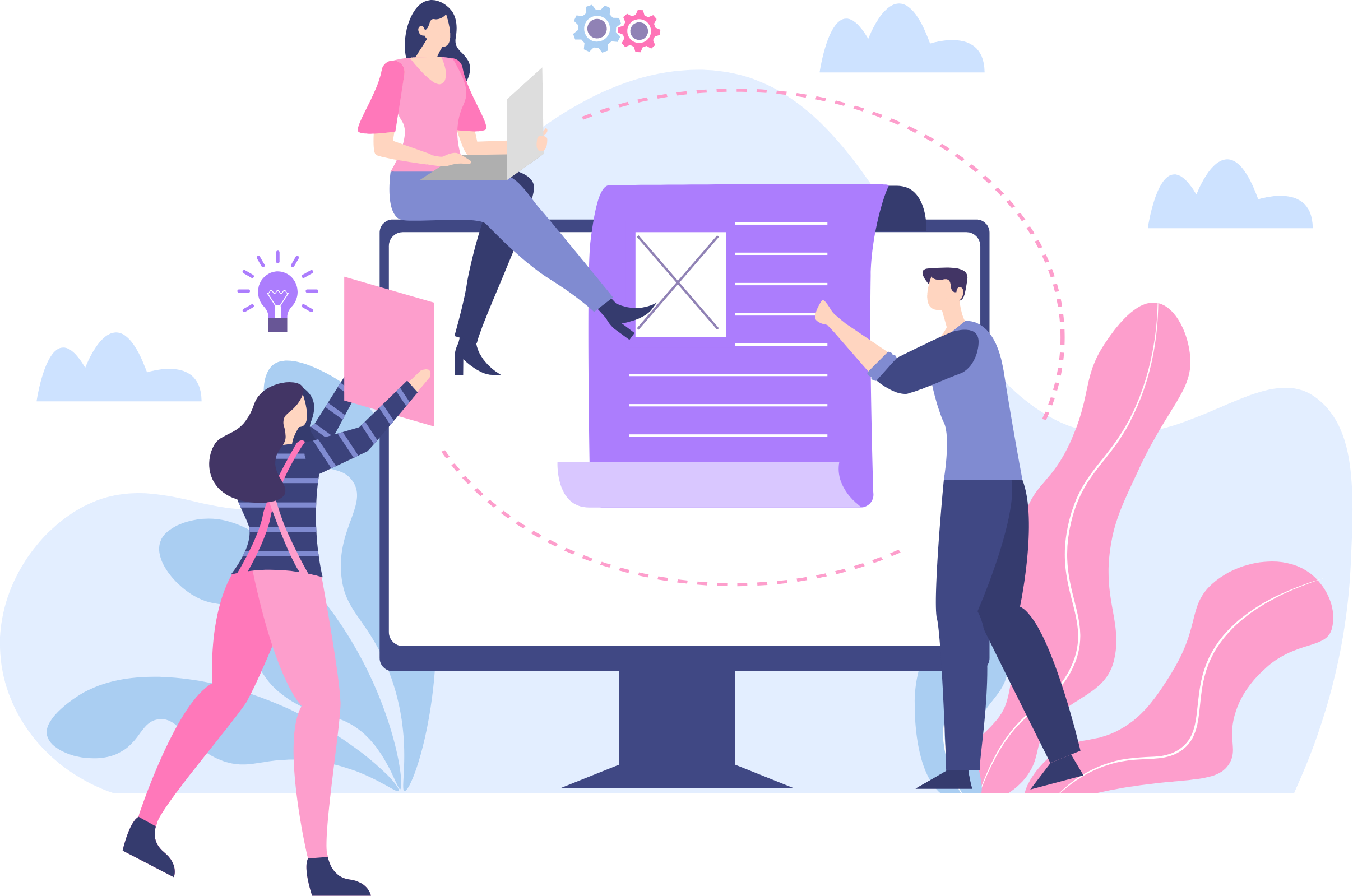How to Run a 100% Remote Accounting Firm
Running a 100% remote business is not just for freelancers and digital nomads anymore.
Entire firms are now embracing this culture boasting larger cost savings, higher employee loyalty and retention rates, improved employee morale and a broader pool of professionals to choose from.
Unfortunately its not as simple as setting up video conferencing software and telling your employees that they can work from home. Its a conscious decision and involves a well-thought out process, cultural changes and the right tech stack to automate your workflow.
We recently interviewed Ryan Lazanis, a leader in this space who built and sold a 100% cloud-based accounting firm and now runs Future Firm to help other firms modernize their firm.
Let's jump right in to the interview where we explore the pros and cons of running a 100% remote accounting practice and dive into what it takes to build and scale a modern firm.

What is the biggest mistake that many accountants are making today preventing them from becoming a modern firm?
RL: I think many accountants are still modeling their business off of an outdated business model. A modern firm today is technology-forward, automating processes and most of all, laser-focused on providing a spectacular customer experience.
Most accountants are too focused on providing a service like a tax return or financial statement. But the age we're in is that customers prefer pleasant experiences rather than good services.
I always like to provide the example of the taxi industry versus Uber. The taxi industry provides a good service. Uber provides a great customer experience. The latter has analyzed all points of interaction a customer has with its company to eliminate point points and points of friction. Modern firms today are doing the same.
It requires self-assessing your business model and implementing the right technology and processes to not only make your firm more efficient but to also improve the customer experience.
How can an accountant become a 100% online accounting firm? What are the pros and cons?
RL: I think I'd need a whole book to answer this one! At its core, you'll need the right technology in place to operate in an online environment. There's just so much of it.
In fact, I wrote an article on the top 131 cloud accounting software apps out there. So you definitely need to have the right technology selected along with corresponding structured processes to be able to even consider an online model.
Once you're online, the advantages are numerous. Less overhead and greater automation capabilities are two big ones. But personally, I also greatly prefer the efficiency gains you can see from virtual meetings versus in-person ones.
A disadvantage of this model is that it's harder for established firms to move over to it since the entire foundation and culture needs to be changed. It's critical to start transitioning through. It's the way the world is moving.
What is a subscription model and why are more accountants and other professionals shifting to this method?
RL: A subscription model for accounting firms is when you bundle a combination of services, support and software into one solution with one monthly price. It takes a bit of time to get comfortable with this model, but once you do, it's a beautiful thing.
Revenues become predictable and invoicing/billings can be eliminated, which greatly reduces admin time as well as virtually eliminates accounts receivable.
The world is shifting to a model where pricing is known upfront and is predictable. Gone are the days of the billable hour. Every company is joining the trend. From cars to coffee to even your roof. There's a subscription out there for everything these days.
Why should an accountant have a presence on Google and how important are Google My Business reviews?
RL: People shop for their accountant on Google today. On top of that, they search for answers to their questions on Google all day long. If you're visible online, you can generate a ton of business this way. In fact, I grew my firm almost entirely thanks to Google.
I also think having things like Google reviews are helpful for social proofing. If you can get happy clients to leave you a positive review, it goes a long way when people are comparing your firm against others online.
Ryan Lazanis, CPA, CA founded Xen Accounting in 2013, a 100% cloud-based accounting firm. Following its acquisition in 2018, Ryan started Future Firm, which provides resources to firms looking to modernize and stay on the cutting edge. He has a free weekly email called Future Firm Weekly Top 5 that curates the top 5 pieces of content that firm owners need to know about each week to help modernize their firm.




